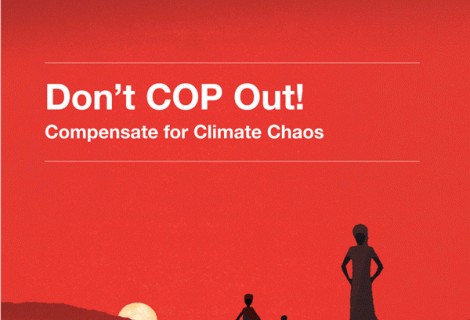
Success at the upcoming 17th Conference of Parties (COP 17) to the United Nations Framework Convention on Climate Change (UNFCCC) in Durban, South Africa, in large part depends on the willingness of developed countries to provide new and additional public finance to help countries confront the climate crisis. Success also depends on the introduction and implementation of an equitable and environmentally sound Green Climate Fund.
In Durban, developed countries should agree to:
1. Support innovative mechanisms to generate public climate finance. In addition to budgetary contribution from developed countries, countries should show support for mechanism in the shipping and aviation sectors that could reduce emissions, generate climate finance, and ensure no burden or costs on developing countries via a rebate/compensation mechanism. Countries should also agree to a 1-year work program on mobilizing other sources of public finance, including a financial transaction tax (FTT) and Special Drawing Rights (SDRs).
2. Support the operationalization of an equitable and effective Green Climate Fund at Durban that ensures that:
- All funding is based on transparent country and community-driven national adaptation and mitigation strategies.
- Resources to the private sector must be decided, managed, regulated and incentivized at the national and sub-national level; there should not be any direct funding of the private sector by the Green Climate Fund, including through the establishment of a private sector facility.
- Civil society and affected community members are not only included as active observers on the Green Climate Fund board but are involved in all decision-making processes, including governance, programme design, implementation, monitoring and evaluation.